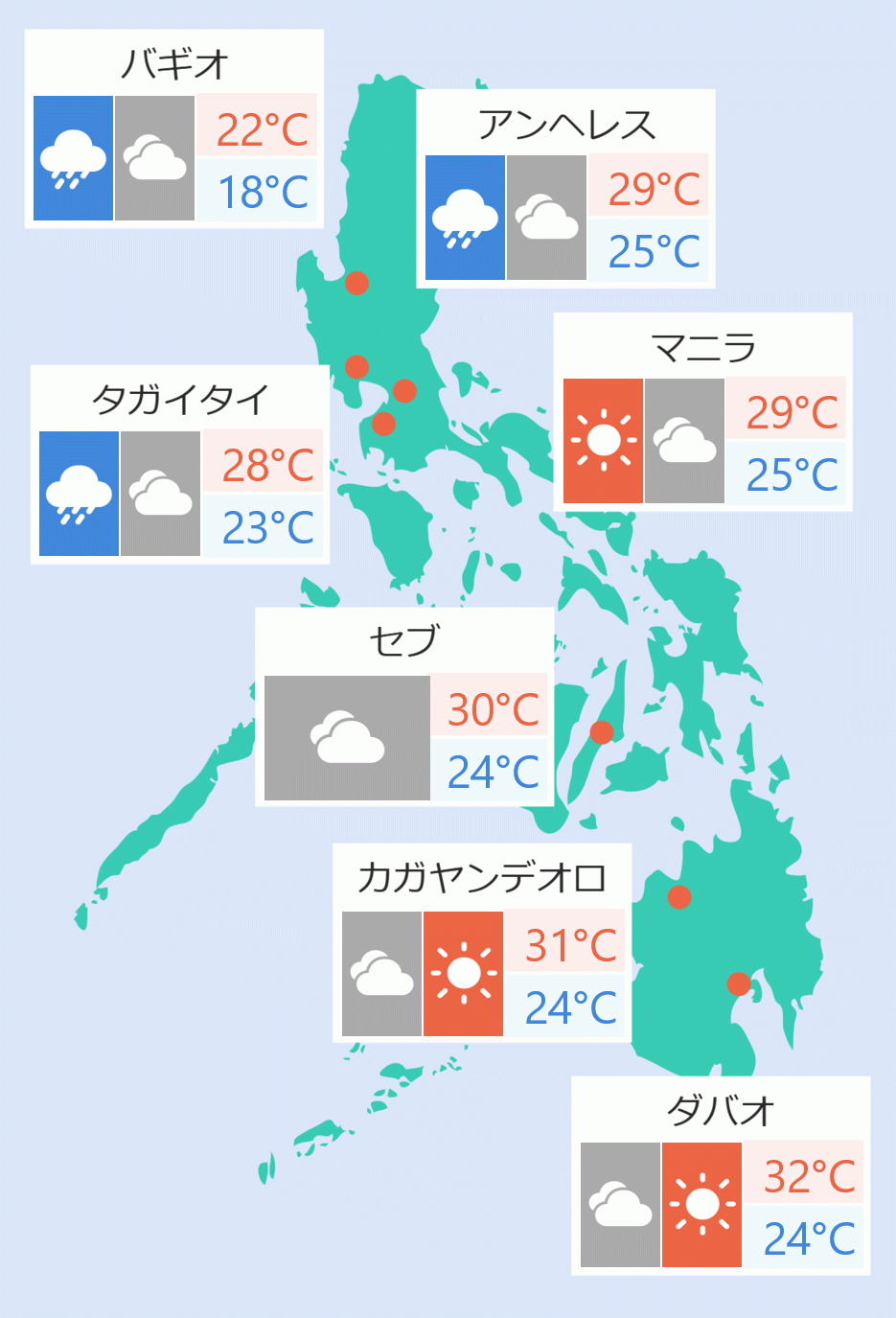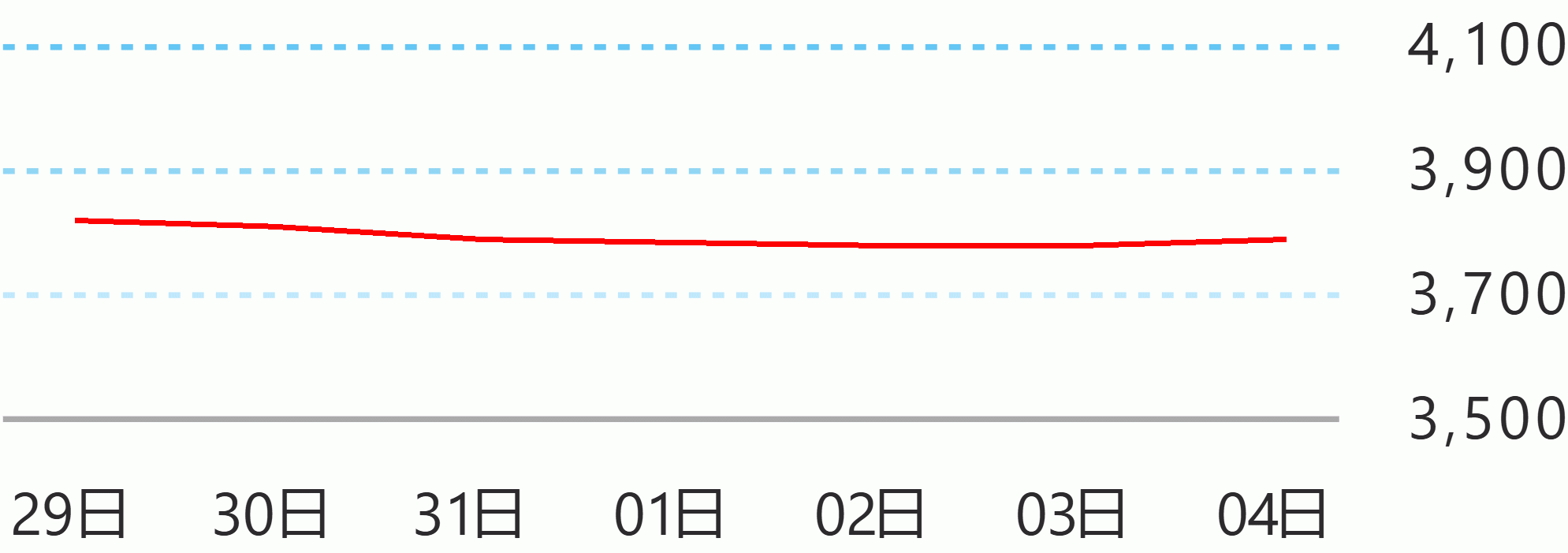The National Risk Reduction and Management Council (NDRRMC) raised the blue alert to monitor Tropical Depression ''Falcon'' expected to make landfall in Northern Luzon on Wednesday.
The alert status was raised at 5 pm on Monday following the pre-disaster risk assessment meeting convened by the NDRRMC on Camp Aguinaldo.
The meeting was conducted to discuss the possible effect of Tropical Depression Falcon expected over Cagayan on the afternoon or evening of Wednesday.
NDRRMC executive director Ricardo Jalad said "the Mines and Geosciences Bureau (MGB) reports likely instances of landslides and flash floods in multiple regions based on the rainfall data developed by Pagasa ( Philippine Atmospheric, Geophysical and Astronomical Services."
"Regions susceptible to landslides and flooding are advised to monitor possible effects in the area especially those in Regions CAR, I ( Northern Luzon), II ( Cagayan Valley), III ( Central Luzon), etc," he said.
"Local government units were provided with the list of areas susceptible to landslide and flooding and are recommended to readily implement evacuation protocols for areas with high susceptibility ratings," he stated.
"Residents in areas identified to be at risk are urged to monitor updates, take precautionary measures, and coordinate with their local DRRM ( Disaster Risk Reduction Management) Offices," he added.
Jalad said the fisherfolk are advised against venturing out over the eastern seaboard of Mindanao while small-scale miners should avoid mining operation in areas that will be affected by ''Falcon''.
He said, according to the state weather bureau, areas of Northern Luzon and Western Visayas are expecting scattered to widespread rainshowers and thunderstorms and light to moderate rains over some areas in Mindanao from July 15 to July 16.
Light to heavy rainstorms and thunderstorms are expected in 11 regions including Metro Manila in the following days.
Jalad said the Department of Social Welfare and Development (DSWD) pre-positioned resources such as family food packs, emergency funds, and other food and non-food items amounting to almost P 1.99 billion. Robina Asido/DMS





 English
English









